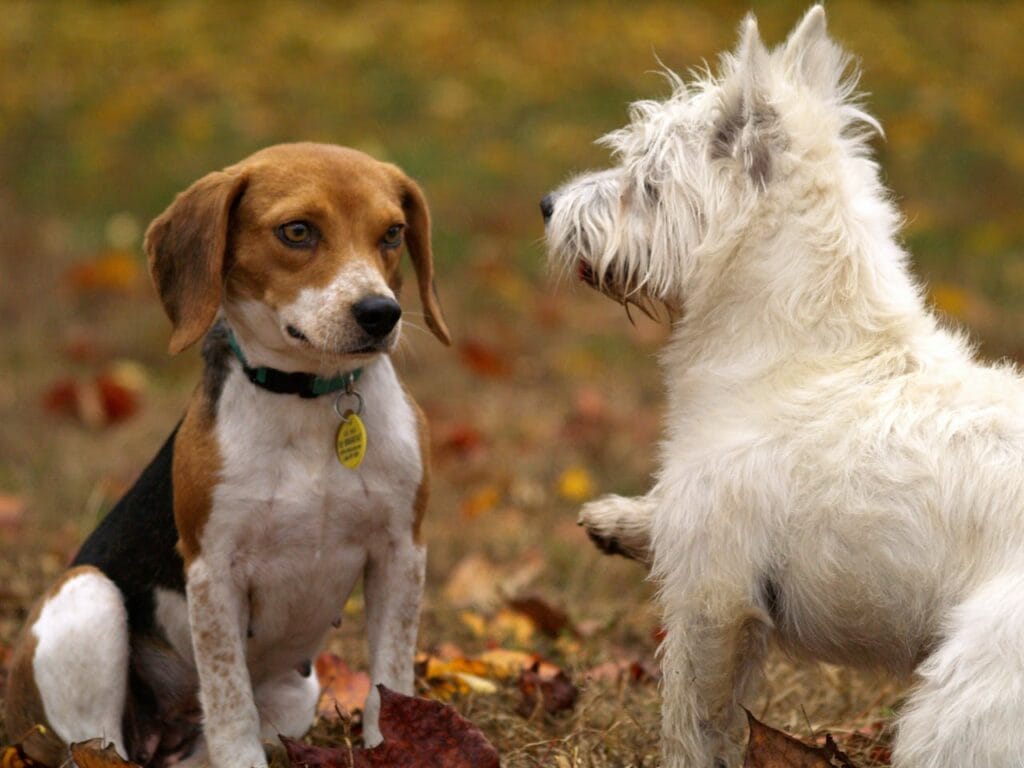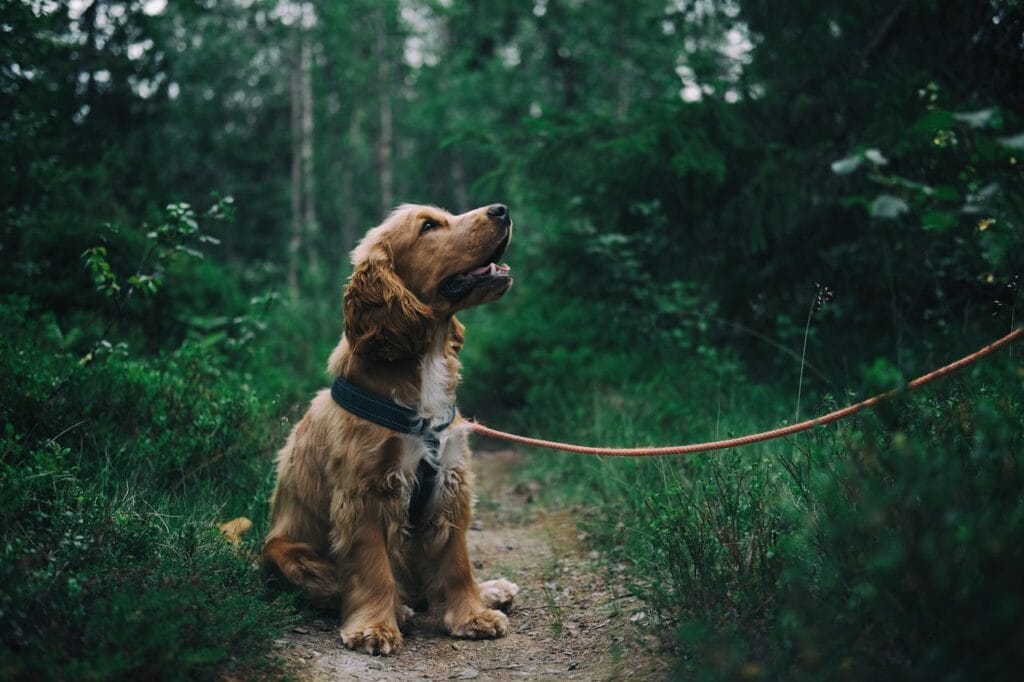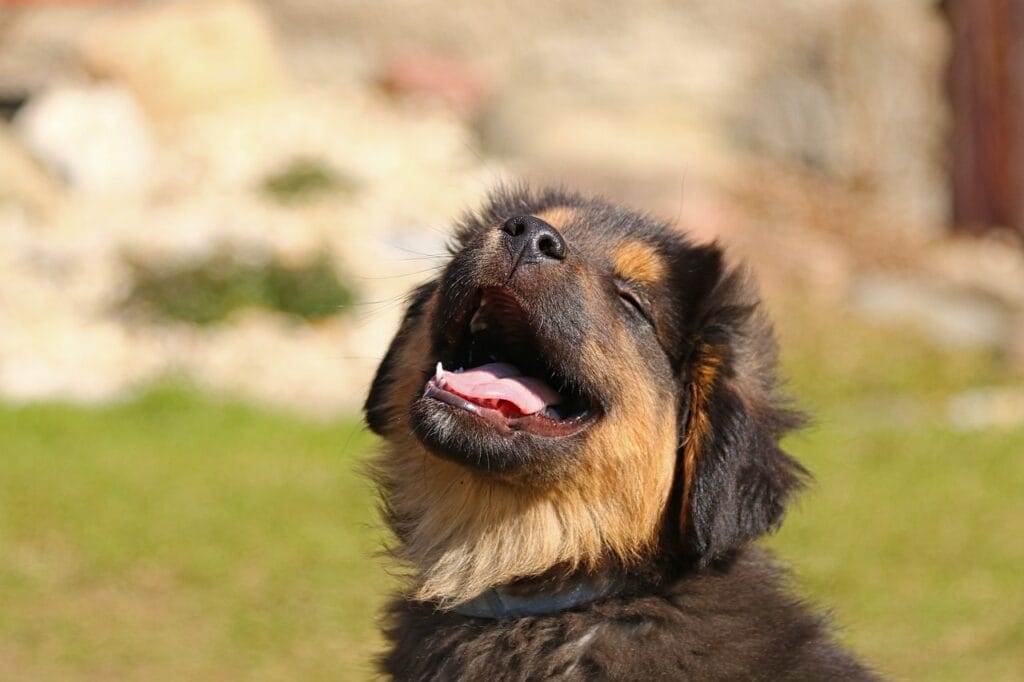
BLOAT IN DOGS: Causes, Prevention, and Treatment
Understanding the causes, types, prevention, and treatment of bloat in dogs is crucial for every responsible pet parent. Keep reading
Bloat: is the abnormal increase in the size of the abdomen or tummy. It’s locally termed a swollen stomach, tummy, or belly.
An increase in size occurs when the stomach or peritoneum fills up with gas, fluids, or food particles. Accumulation of gas, fluids, or food particles in the stomach and peritoneum is caused by a blockage within the gastrointestinal tract that prevents movement of GIT contents from one segment to another, which pile up above the blocked part of the GIT.
Dogs of all breeds, ages, and sizes are susceptible to bloating. Mostly puppies and old dogs.
Puppies are commonly affected by acute bloat, which is sudden and claims life within a few hours.
Old dogs are mainly affected by chronic bloat that has developed over a long time.
A big tummy does not necessarily mean that the furry baby has bloat. Obesity and pregnancy cause an increase in abdominal size, but the body parameters should be within the normal range.
Differences between bloat and normal increase in abdominal size.
| NORMAL INCREASE IN ABDOMINAL SIZE | BLOAT |
| It’s due to obesity or pregnancy. | Caused by pathological factors, e.g., GDV, and intestinal strangulation. e.t.c |
| Body parameters are within the normal range. | Body parameters are out of the normal range. |
| No or slight change in behaviors | A significant change in behaviors |
| Normal or increased weight. | Loss of weight in chronic cases. |
In this article, we explore causes, types, treatment, and prevention measures that reduce the chances of this condition occurring.
Types of bloat in dogs:
ACUTE BLOAT: develop within a few hours. It’s life-threatening and quickly changes the body’s parameters. The only way to get first aid is to rush to the nearest vet clinic or veterinary doctor.
CHRONIC BLOAT: develops over a long period, usually weeks or more. It is difficult to diagnose in the initial stages and has no or slight changes in body parameters and behaviors.
What dog breeds are more likely to develop bloat?
Deep-chested dog breeds are more likely to get bloated than shallow-chested breeds. These include St. Bernards, German shepherds, Great Danes, Retrievers, Rottweilers, Weimaraners, Doberman Pinschers, Akitas, Boerboels, hounds, etc.

What can I do if I suspect bloating in my dog?
Rush to the nearest vet doctor or vet clinic.
Call the vet facility to let them know that you are coming to handle it as an emergency.
Discontinue feeding or drinking.
Never attempt any home remedy unless prescribed by a veterinary doctor.
For acute bloat, any delays in getting medical attention can lead to a significant impact on your pet’s life.
How do I know if my dog has bloat?
The signs shown by a dog depend on the causes, type, and severity. These include:
Swollen belly, stomach, or abdomen beyond the normal contours.
Puppies develop a frog’s body shape.
Tense or hard abdomen
Abdominal pain
Excessive salivation
Panting
Pawing or looking at the abdomen
Retching
Whining
Stand with extended elbows.
Labored breathing
Restlessness
Lethargy
Emesis
Increased heart rate

Causes of swollen stomachs in dogs
Several factors have been identified as crucial contributors to bloating in dogs. These include:
Severe worm infestation
Ascites
Liver failure
Heart failure
Kidney failure
Sudden change in diet
Peritonitis
Bacterial infection
Viral infection
Gastric dialation volvulus
Intestinal Intussecption
Intestinal stragulation
Gastric ulcers
Trauma
Food allergies
Feeding highly fermentable foods
Retention of urine in the bladder
Pyometra
Ingestion of toxins
Eating a lot of food or taking a lot of water
Ingestion of a foreign body
Tumors
Stress
Raised bowel feeding
How can I treat bloat in my dog?
When a dog arrives at the vet clinic, the primary goal of the vet doctor is to stabilize the patient before any major procedure is taken.
Patient stabilization involves restoring heart rate and respiratory rate, decompressing the stomach using a stomach tube, or piercing a big-gauge needle into the stomach.

Commonly prescribed drugs include:
Probiotics
Antibiotics
Antiinflammatory drugs
Liver tonics
Diuretics
Deworming
Drainage of abdominal fluids
Spaying
IV fluids
Uterine flushing
Antiulcer drugs
Surgical interventions for GDV, intestinal strangulation, tumors, intestinal intussusception, e.t.c.
How can I prevent bloat in my dogs?
Regular deworming
Proper feeding
Avoid feeding dogs contaminated feed.
Routine vaccination
Do not exercise the dog immediately after or before feeding.
Prophylaxis gastropexy
Limit water intake after eating.
Spaying
Avoid elevated bowel feeding.
Maintain a healthy weight for a dog (avoid overweight or underweight).

CONCLUSION:
It’s so frightening to think of your furry friend getting bloated. However, it’s your full responsibility as a pet parent to know the types, causes, treatment, and, more importantly, ways to prevent bloating.
Share this post with other pet owners to help them recognize the signs and take preventive measures to protect their pet’s health.
Contact us call / WhatsApp +256771909946 for free consultations on the current state of your pet
Don’t forget to read the related posts below and share them with other responsible pet owners.
causes and treatment of hair loss in cats
Deworming schedule for puppies and adult dogs
What can I do to help my dog live longer?
Read about cataracts or cloudy eyes in cats
vaccination schedule for cats in Uganda
21 Questions to Ask Yourself Before Getting or Adopting a Dog
Read about the 5 killer diseases for dogs in Uganda
Vaccination schedule for dogs (puppies) in Uganda
Read about the causes and treatments of vomiting among dogs
Read about the cost of treating a dog in Uganda
Read about if humans can get parvo
Get know if teething can kill a puppy
Read about how puppies get parvo
Find the best treatment for parvo in dogs.
Read about the price of spaying a dog in Uganda
Read about the prices of vaccinating a dog in Uganda
Read about the price of parvo treatment in Uganda
Read about the treatment of intestinal adhesion in dogs.
Read about the causes and treatment of hernias in dogs.
Read about the causes and treatment of weight loss in dogs.
Read about the loss of hair in dogs.
Read about the causes and treatment of bad breath in cats.
Read about 10 simplified steps for grooming a pet.
Learn the 8 steps of trimming the nails of your dog.
Read the causes of scratching in dogs.
Read the causes and treatment of ear infections in dogs.
Read the causes, prevention, and treatment of bloat in dogs
Reab about the causes and treatments of curled toes in turkeys
Read about causes and treatment of cancers in dogs
Vaccination schedule for dogs (puppies) in Uganda

[…] Read about the causes and treatments of swollen tummy in dogs […]
[…] Read about the causes and treatments of swollen tummy in dogs […]
[…] Read about the causes and treatments of swollen tummy in dogs […]
[…] Read about the causes and treatments of swollen tummy in dogs […]
[…] Read about the causes and treatments of swollen tummy in dogs […]